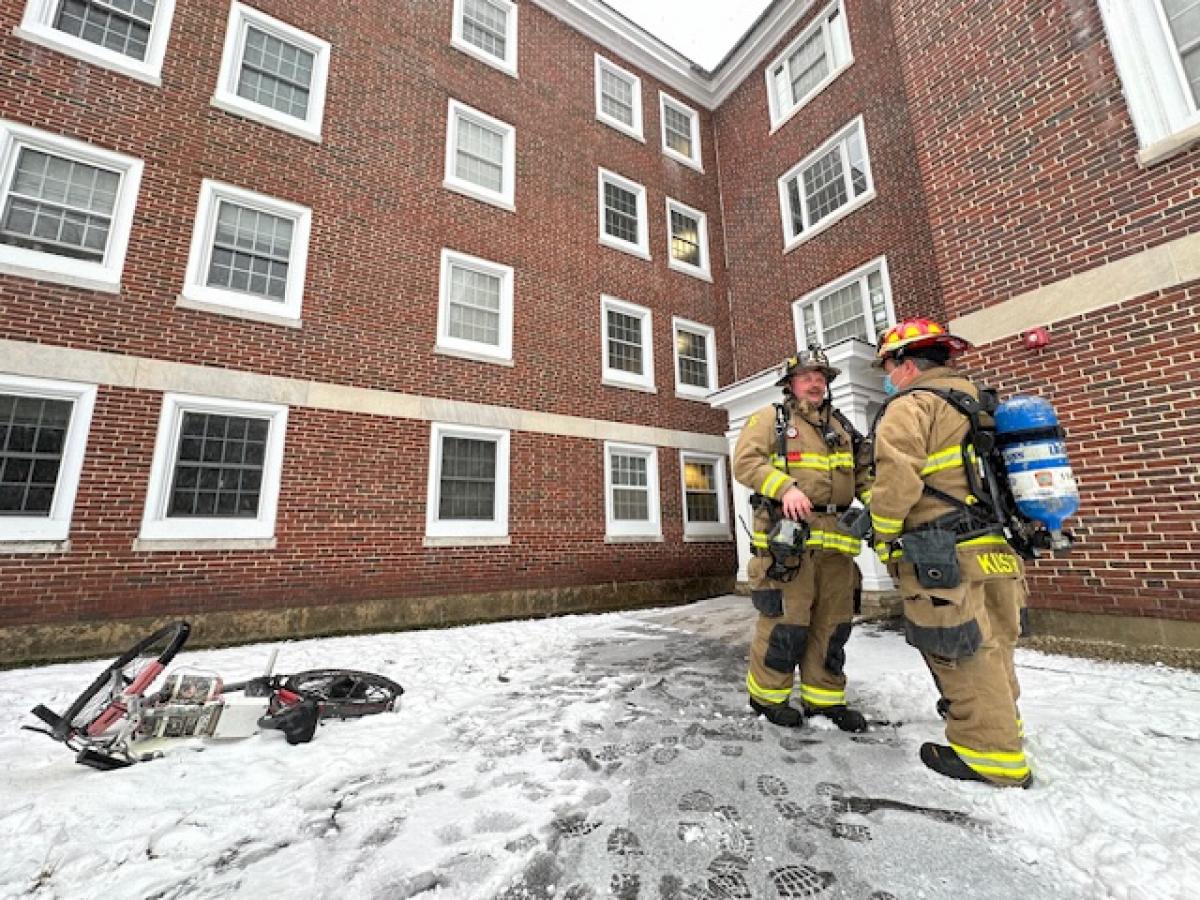-
Our Community
-
- Welcome Visitors About Durham's Community Climate Remembrance Project Diversity Welcome Statement Life in Durham Places to Stay Places to Eat Places to Park Transportation Schools Oyster River School District Welcome New Homeowners
- Durham Public Library Programs & Events Trails and Town Lands Conservation Commission Land Stewardship Conservation Lands & Parks Conservation Easements Trails Youth Organizations University of New Hampshire Durham Preservation Durham Historic Association
- Volunteer Town of Durham Land Stewardship Public Library UNH Cooperative Extension Churchill Rink Parks & Recreation Recreation Program Calendar Outdoor Recreation Activities Outdoor Recreation Sites Sustainable Durham Recycling Information Swap Shop Information Earth Day 2023
-
- Doing Business
-
Inside Town Hall
-
- Departments Assessing Building Business Office Code Enforcement Information Technology Planning Town Clerk/Tax Collector Parks & Recreation Boards, Commissions & Committees Agricultural Commission Conservation Commission Historic District/Heritage Comm. Other Boards & Committees Planning Board Zoning Board
- DCAT Media Productions DCAT Media - Programming DCAT Media Livestream Zoom Video Meeting Schedule Town Council Town Administration Public Hearings Public Safety Police Fire McGregor Memorial EMS (Ambulance)
- Public Works Engineering Division Operations Division Sanitation Division Water Division Wastewater Division Stormwater Town Directory Telephone Directory by Department Services Directory
-
-
Helpful Resources
-
- Quick Links Assessors Online Database Bids and RFP’s DCAT Media Productions GIS Digital Maps Jobs Online Services Parking Information Social Services Town Holidays Trash Pick Up Holiday Schedule Transfer Station & Recycling Center Information Curbside Refuse Collection by Street Zoom Video Meeting Schedule
- Town Documents Budget & CIP Forms & Applications Master Plan Tax Increment Finance (TIF) Districts Tax Maps Town Charter Town Code Town Reports Town Wide Master Fee Schedule Zoning Ordinance Voter Information
- Contact Us Cemetery Information Social Media Facebook Twitter Town Newsletter Friday Updates Town Meetings & Events Agenda and Minutes Calendar Public Hearing Notices State & U.S. Representatives
-
Lithium-ion Battery Safety & Resources

Lithium-ion Battery Safety & Resources
The National Fire Protection Association® (NFPA®) has launched an expanded series of resources, guidelines, and information in response to the growing number of fires caused by lithium-ion batteries that power micromobility devices such as e-bikes and e-scooters, smaller electronics such as cell phones and laptops, and electric vehicles. As the use of these items has increased in recent years, so, too, has the number of fires associated with them.
“Lithium-ion batteries are increasingly found in the many devices and systems we use every day,” said Lorraine Carli, vice president of Outreach and Advocacy at NFPA. “With this greater use, however, we are seeing an increase in dangerous related fires. As the holidays near and consumers are purchasing devices that use lithium-ion batteries, NFPA is helping to educate the public about the risks associated with these batteries and ways to prevent them.”
The new online resources from NFPA feature more detailed information about how lithium-ion batteries catch fire, the proper disposal methods for these batteries, and what tips people can follow to stay safe when buying, charging, storing, and using lithium-ion batteries. Resources for safety educators and consumers, including a 10-minute lesson plan, social media cards, and safety tip sheets, are all free and downloadable.
NFPA recommends these tips when buying, charging, storing, and using lithium-ion batteries to help prevent fires:
- Only purchase and use devices, batteries, and charging equipment that are listed by a nationally recognized testing lab and labeled accordingly.
- Use charging equipment that is only compatible with your device. To be safe, use only the charging equipment that is supplied with your device.
- Do not keep charging the device or device battery after it is fully charged.
- Do not put lithium-ion batteries in the trash. Recycling is always the best option. Take the batteries to a battery recycling location or contact your local waste department for disposal instructions.
- Stop using your device if the battery shows signs of damage, such as an unusual odor, excessive heat, popping sounds, swelling, or change in color.
- Only have device repairs performed by a qualified professional.
Learn more about lithium-ion battery safety, find training information, and download free safety tip sheets at nfpa.org/lithiumionsafety.
For additional resources, see the links below.

